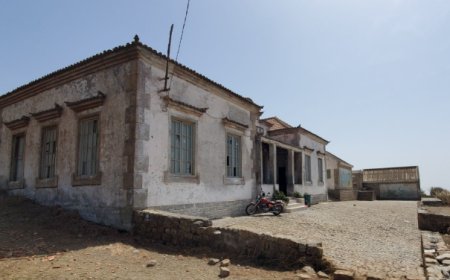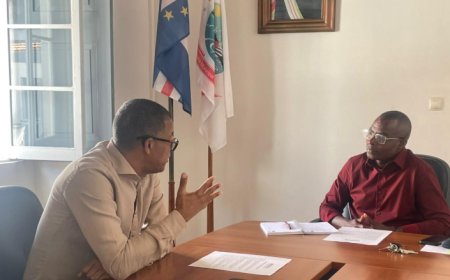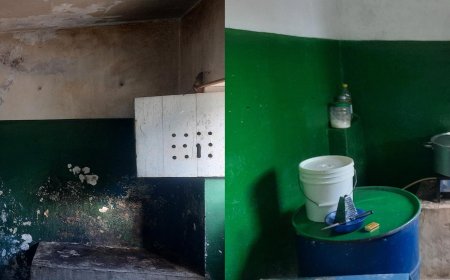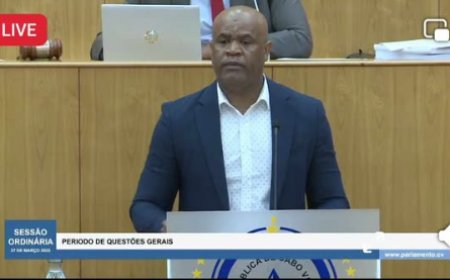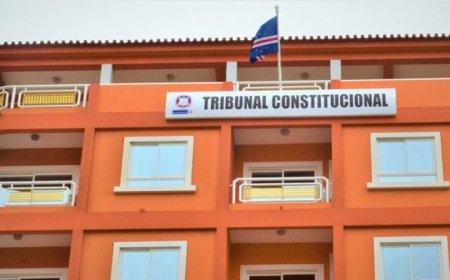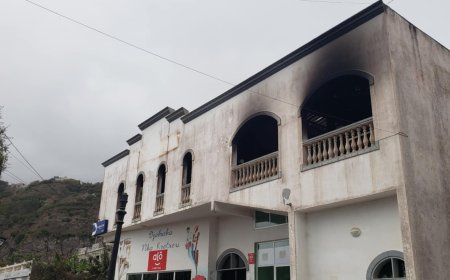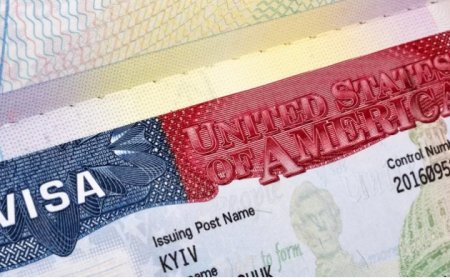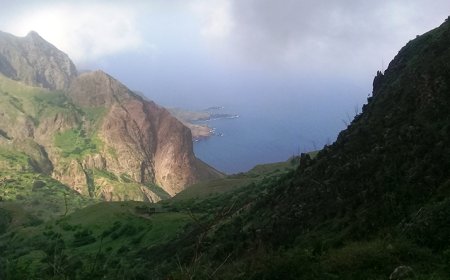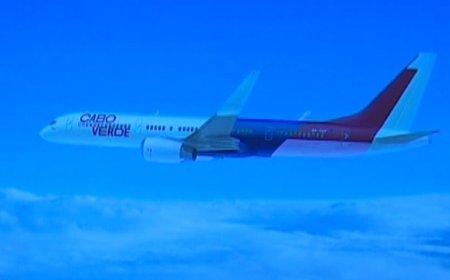CV Interilhas rejects controversy over maritime connections in Cape Verde
The executive director of CV Interilhas, since August with the concession of maritime transport in Cape Verde, admits that there are aspects to be improved, but regrets the often “unfair” “controversy” involving the company, led by the Portuguese company Transinsular.
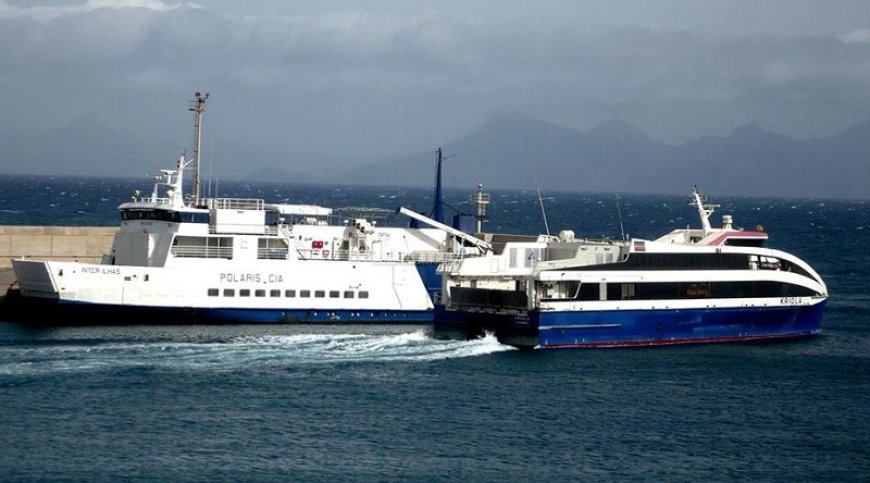
The executive director of CV Interilhas, since August with the concession of maritime transport in Cape Verde, admits that there are aspects to be improved, but regrets the often “unfair” “controversy” involving the company, led by the Portuguese company Transinsular.
CV Interilhas has already transported 140,000 passengers between all the islands of Cape Verde since August 16, above initial expectations, but has been targeted by criticism from the opposition to the alleged lack of transparency in the allocation of the concession, for 20 years, and by systematic complaints , especially on social networks, of passengers dissatisfied with the service.
“We believe a lot in this project, which is very intelligent and without any political connotation and which, I think, has conditions to better serve the population. This is what attracts and encourages us every day, despite so much controversy, which we often consider to be a little unfair. But that we have to listen to them and try to learn from them [complaints] ”, pointed out the executive administrator of CV Interilhas, Paulo Lopes.
The new company that manages the concession of the public maritime transport service for passengers and cargo, according to the tender launched at the end of 2018 by the Cape Verdean Government, is led by the Portuguese company Transinsular (from the ETE group), which holds a 51% share of CV Interilhas. The remaining 49% are held by Cape Verdean shipowners, who also supply ships to guarantee connections.
In an interview with Lusa, the official admits that “there is still a lot to improve” in this new model, which has five ships chartered by CV Interilhas, mainly to Cape Verdean shipowners, but regrets the complaints.
“It is a question we ask ourselves every day. The reading we make of this probably has to do with the expectations of the user, the customer. We are of the opinion that there has been a great improvement in the service, in terms of punctuality, the number of calls. We do more than was being done previously and for islands that were not served before”, he explained.
For Paulo Lopes, the most important thing is “knowing how to learn from these complaints”.
CV Interilhas will receive compensation of 3.3 million euros from the Cape Verdean State in 2020, to cover the costs of the loss-making connections it currently provides.
“We believe that yes, that is enough. However, it is still a little early to draw conclusions", admitted Paulo Lopes, assuming that of the various lines that currently ensure, there are two "with positive results that compensate all the others".
“Since our operating result has been much higher than projected, let's say that we are comfortable with these amounts [of State compensation]”, he admitted.
Lusa reported in October that the Government expects to spend 11.5% more on subsidies paid through the State Budget next year, compared to 2019, an increase justified by the reinforcement in compensation for maritime transport lines that are in deficit.
The information is contained in the proposed State Budget law for 2020, providing for a total budget allocation of 645 million escudos (5.8 million euros) for subsidies.
This is an increase of 11.5% compared to the estimate of the execution of the 2019 budget, justified in this proposal, “essentially by the increase in the amount foreseen to make the compensatory indemnity of the loss-making maritime lines”.
This compensation, which in 2020 will rise to 368 million escudos (3.3 million euros), represents an increase of more than 22% compared to 2019, and will be financed through revenues allocated to the Autonomous Fund for the Development and Security of Maritime Transport.
Inforpress/Lusa















